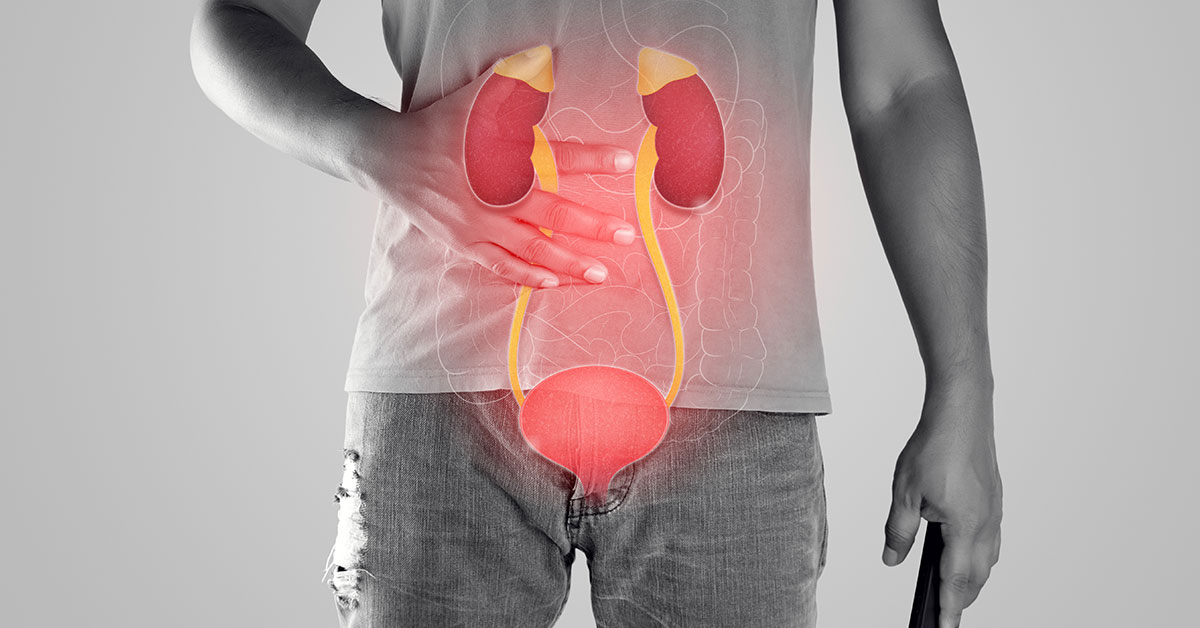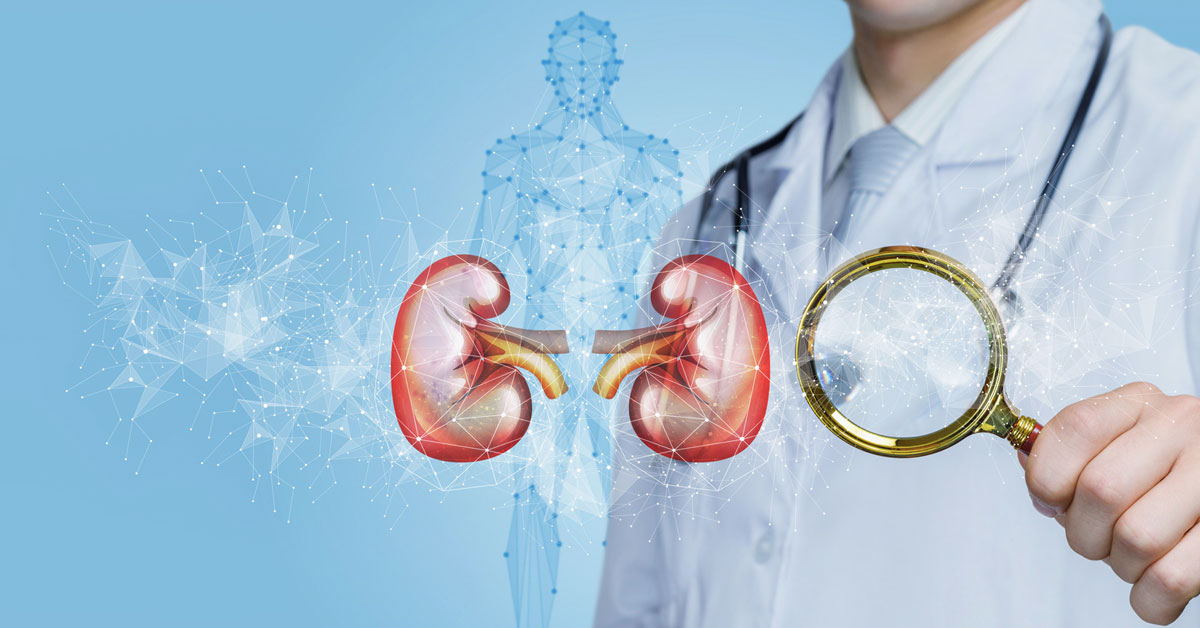One of the typical urinary diseases, Vesicoureteral Reflux (VUR) is a urinary disorder where the urine flows backward up in the ureters or kidneys from the bladder. In normal circumstances, urine flows from the kidney down the ureters and is stored in the bladder.
Various hospitals offer vesicoureteric reflux treatment in Siliguri and all across the country. Though common in infants and newborns, vesicoureteric reflux treatment may also occur in older children and adults but rarely. It is most common in children who are born with abnormal kidney or urinary tract structures.
Common Symptoms of Vesicoureteral Reflux (VUR)
Vesicoureteral Reflux generally does not have any symptoms, and the most prominent indication of the same is a urinary tract infection. About 50% of cases of UTI are eventually caused by VUR. As the urine flows back to the urinary tract it may cause bacteria to grow in the kidneys and bladders leading to infection.

Symptoms of Urinary Tract Infection
Urinary Tract Infections resulting from VUR may have the following symptoms:
- High-grade fever
- Pain and burning sensation during urination
- Cramps in the lower abdomen
- Lower and upper back pain
- Increased frequency of urination
- Leaking bladder
- Cloudy and foul-smelling urine
Does Vesicoureteral Reflux Cause Pain?
Vesicoureteral Reflux in itself may not cause pain, but if it leads to a urine infection then there may be pain and a burning sensation at the time of passing urine.
Causes of Vesicoureteral Reflux
Vesicoureteral Reflux may be caused by some primary and secondary causes.
Primary Vesicoureteral Reflux is caused by an abnormally structured ureter, where the valve between the ureter and bladder does not close completely causing the urine to flow back.
Secondary Vesicoureteral Reflux may be caused due to tissue damage or narrowing of the bladder or urethra. Such a blockage may lead to an accumulation of urine in the bladder or urinary tract leading to VUR. Inactive nerves of the bladder or weakened muscles may not support the contraction of the bladder and lead to secondary VUR.
Causes of Vesicoureteral Reflux in Adults
While children may suffer from VUR due to birth defects, adults may be prone to Vesicoureteral Reflux due to conditions like benign prostate hypertrophy, neurogenic bladder, or if the adult has undergone surgery near the ureters.
Complications Arising from Vesicoureteral Reflux
Common complications that may arise from Vesicoureteral Reflux are:
- Urinary Tract Infections leading to kidney and bladder infections
- Urinary incontinence and urinary retention
- High blood pressure
- Constipation and stool build-up
- Kidney damage
Diagnosis of Vesicoureteral Reflux
Vesicoureteral Reflux is usually treated with imaging tests like:
- Voiding Cystourethrogram (VCUG)
- Radionuclide Cystogram (RNC)
- Dimercaptosuccinic Acid (DMSA)
- Ultrasound

Treatment of Vesicoureteral Reflux
Vesicoureteric reflux treatment in siliguri is treated by administrating antibiotics under the recommendation of a medical practitioner. Only severe cases of VUR which may lead to kidney scarring or damage require surgery or the use of Deflux injections.
Though there is no way to prevent vesicoureteral reflux, yet maintaining good urinary health is important to avoid long-term complications. VUR is not life-threatening but the UTI arising from VUR can cause pain and discomfort to the patient besides affecting kidney and bladder health.






